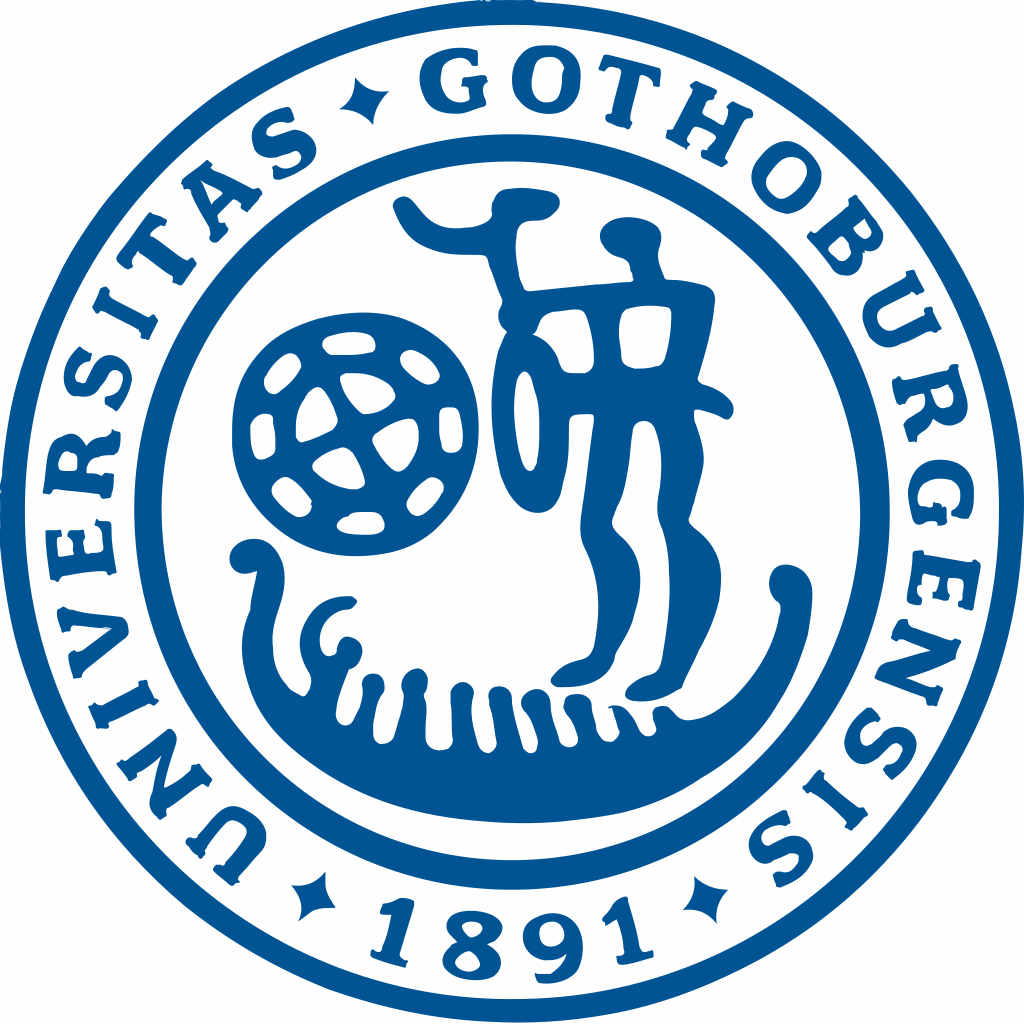PhD Position in Natural Science, specializing in Environmental Science
At the Department of Biological and Environmental Sciences (BioEnv) we have teaching and research activities that stretch
from the alpine ecosystem, through forests, cultivated land and streams, all the way into the marine environment. In these
environments we study different levels of biological organisation from genes, individuals and populations, to communities
and ecosystems. We work within ecology, evolution, physiology, systematics and combinations of these fields in order to
understand the impact of natural and anthropogenic changes of the environment.
The department is placed at three different localities: in Gothenburg Botanical garden, at Medicinarberget in Gothenburg,
and at the marine research station-Kristineberg. The current position is placed in the Botan-building in Gothenburg.
The successful candidate will work in the fish toxicity group which at the moment comprises of five researchers, two post docs, two PhD students, one technician and several master students.
Project description
Nanotechnology is currently the most rapidly growing field of science with a vast potential for industrial applications. It builds on the intentional and controlled generation of novel arrangements of atoms at the nanometer scale (1-100 nm). Many manufactured NPs display very special chemical properties due to their size, shape, charge, composition and structure, and are used in a number of products with many more applications on the horizon. Despite the wide array of applications that might lead to unintentional environmental exposure there is a lack of knowledge regarding the ecological and ecotoxicological consequences of an exposure to man-made NPs.
During the last decade a multitude of studies have studied the toxicological effects of a wide range of NPs. These studies have focused on well-characterized particles and their effects in controlled laboratory environments, using both cell based assays and animal and plant tests. These studies have generated a lot of knowledge regarding NP toxicity and how NP toxicity is dependent on the characteristics of the particles, characteristics such as size, charge and shape. However, very little is known about how NP toxicity is altered when the NPs enter the aquatic environment. Weathering, ageing and the formation of bio coronas can affect NP toxicity.
The MISTRA funded Nano safety project will focus on the fate of nanomaterials in semi-natural experimental wetland systems, at simulated realistic surface water conditions and conditions during waste handling, and how the ageing of NPs under these conditions will affect NP toxicity. The MISTRA nanosafe project is a collaborative project between seven Universities in Sweden and Denmark together covering a wide range of expertize. The successful PhD candidate will conduct research within this project with the focus of testing the toxicity of pristine and weathered NPs on fish derived cell lines and also fish embryos. Besides utilizing traditional cell based assays the aim is to optimize novel cell based test systems for NP toxicity assessment. The project requires a good understating of cell based in vitro systems but also in vivo testing using fish and basic ecotoxicological concepts.
Job assignments
The main task is to conduct the PhD thesis work under supervision, which includes development of the PhD student’s methodology, experience, analytical skills, and theoretical depth and breadth. Techniques used within the project include in vitro cell techniques and embryo toxicity tests, quantitative PCR, biochemical assays, and in vivo studies using fish. The studies will primarily be conducted via laboratory studies. Specific research topics associated with the research project include fish physiology, toxicity screening, environmental pollution and toxicology. Shorter periods may also be spent as field work or in another country.
The PhD student will carry out original research in consultation with the supervisors, and complete coursework throughout the period of appointment (totaling 60 hp, or about 1 year’s full time study). Results will be communicated in the form of scientific articles, conference presentations, etc. and a PhD thesis. The PhD student will be supervised by Pro. Joachim Sturve and Dr. Tobias Lammel who will be co- supervisor.
Third cycle education
Admission to third cycle education is aiming at a PhD in Natural Science, specialising Environmental Science. The education runs for four years of fulltime studies, containing three years of thesis work and one year of academic education (i.e. course work and literature studies). A selection of courses at the Department/Faculty is available, but national/international courses can also be selected. Some teaching and/or course administration can be included which extends the contract to the same extent.
Eligibility
To be eligible for third-cycle studies, the applicant must meet both the general and specific entry requirements. A person meets the general entry requirements for third-cycle courses and study programs if he/she:
1. has been awarded a second-cycle qualification, or
2. has satisfied the requirements for courses comprising at least 240 credits of which at least 60 credits were awarded in the second-cycle, or
3. has acquired substantially equivalent knowledge in some other way in Sweden or abroad.
This opportunity has expired. Other vacancies of this employer are available here: gu.se/en/about-the-university/work-at-the-university-of-gothenburg/vacancies
